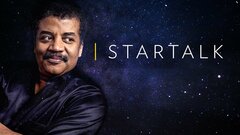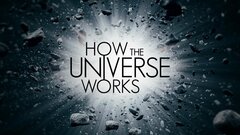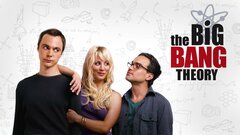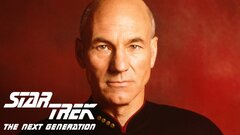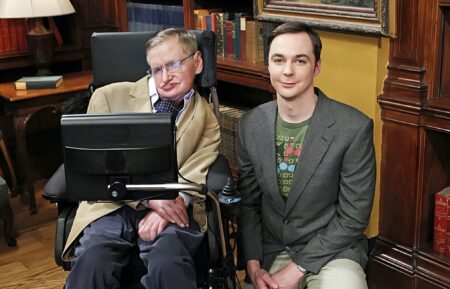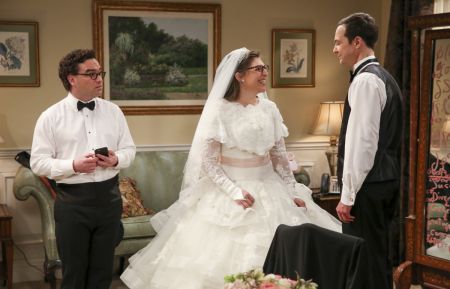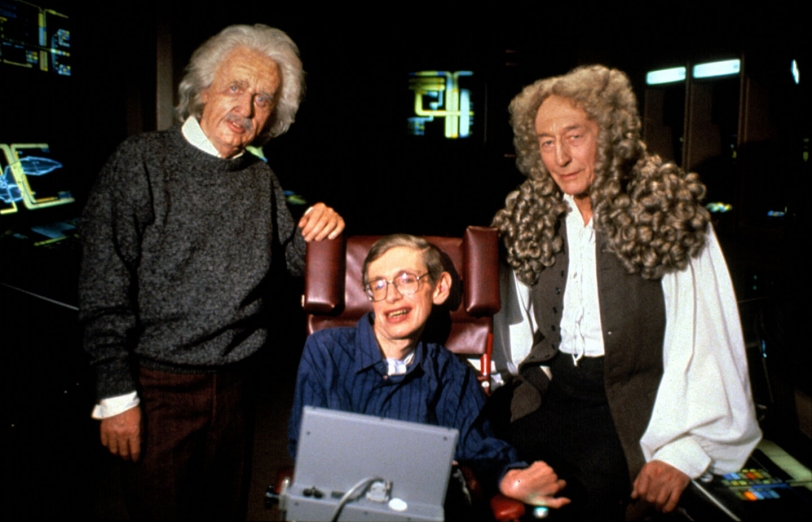Arguably one of the most important scientific figures in history, Stephen Hawking was a physicist and author who translated his groundbreaking theories on the nature of the universe into several best-selling books, including A Brief History of Time (1988). Though physically debilitated by the effects of a motor neuron disease, Hawking expanded not only the boundaries of science and physics through his work on black holes and the theory of relativity, but also introduced a mass audience to concepts that were previously the sole domain of the scientific community.
Hawking's work helped to expand the scope of human understanding in terms that could be understood by all, and contributed to his status as one of the best-known and most widely recognized scientific figures of the 20th and 21st centuries. Alongside Carl Sagan and Neil deGrasse Tyson, Hawking became a popular culture figure as well as a well-known scientist, and his death on March 14, 2018 at the age of 76 was mourned in both academic and pop culture settings.
Born January 8, 1942 in Oxford, England, Stephen Hawking was the eldest of four children by medical researchers Frank and Isobel Hawking, who raised their children in Highgate and later St. Albans. Their son displayed an aptitude for science mathematics at an early age, building a computer from found items while still a teenager at St. Albans School.
Hawking's father wanted him to follow in his footsteps and study medicine at Oxford University, but the younger man's interests lay in math, which was not offered at the school in the late 1950s. He instead decided to pursue physics and chemistry before shifting his interest to cosmology, the study of the universe, as a graduate student at Cambridge in 1962. The following year, Hawking was diagnosed with amyotrophic lateral sclerosis, a neurodegenerative disease that would eventually rob him of mobility and the power of speech.
His doctors initially gave him a life expectancy of two years, but the diagnosis spurred him to focus his studies in order to obtain his PhD. His work focused on the creation of the universe, as understood by the "Big Bang" theory, and its origin from a singularity, or infinite point in space and time. After earning his doctorate in 1966, Hawking would continue to explore that theory as a research fellow at Gonville and Caius College while also building a family with fellow student Jane Wilde.
The couple married in 1965 and welcomed three children between 1967 and 1979. During this busy period, Hawking's physical state continued to decline, eventually requiring him to use a wheelchair in 1969. In 1970, Hawking made significant discoveries into the nature of black holes, which informed an award-winning essay in 1971 and his first book, The Large Scale Structure of Space-Time, in 1973.
The following year, he upended the theory of black holes as inescapable vacuums of matter by demonstrating that radiation could escape its gravitational force. Though initially controversial, the discovery, which became known as Hawking radiation, was soon widely accepted in the theoretical physics community, and resulted in Hawking's appointment as a Fellow of the Royal Society of London and the Lucasian Professor of Mathematics at Cambridge, a position held by just 14 people over the course of five centuries, including Sir Isaac Newton.
Hawking's work in the late 1970s and early 1980s delved further into the inception of the universe and the nature of time itself. His research resulted in the Hartle-Hawking state, which proposed that prior to the Big Bang, neither the universe nor the concept of time existed, which rendered the idea of an origin point for the universe as meaningless.
The theory also brought into question the role of God in the creation of the universe, an issue that Hawking would wrestle with for most of his career. These and other discoveries led to a slew of further awards, including appointment as Commander of the Order of the British Empire in 1982. However, Hawking faced considerable financial challenges due to the high level of assistance he needed for his basic functions, including his power of speech, which he lost after a tracheotomy operation in 1985.
He eventually regained the ability to verbally communicate with the help of a computer program called "The Equalizer," which allowed him to select words from a vocabulary bank that were then verbalized through a speech generating device.
In 1988, Hawking published A Brief History of Time, a book which attempted to explain the nature of cosmology to a layman readership in non-technical language. The publication was a huge success, selling an estimated 25 million copies worldwide and thrusting Hawking into the mainstream spotlight. Numerous additional honors were bestowed upon him, including appointment as a Companion of Honor by Queen Elizabeth II.
His work was translated into several highly regarded documentaries, including Errol Morris' "A Brief History of Time" (1992) and the PBS television series "Stephen Hawking's Universe" (1997), and Hawking himself even appeared on episodes of "Star Trek: The Next Generation" (syndicated, 1987-1994) and "The Simpsons" (Fox, 1989- ).
But as his profile soared, his personal life had crumbled: his marriage to Jane Wilde had fallen apart due to infidelity on both sides and tension over religious beliefs. Hawking left her in 1990 for one of his nurses, Elaine Mason, whom he married in 1995. Hawking continued to publish in the new millennium, releasing The Universe in a Nutshell in 2001 and A Briefer History of Time in 2005.
His research into the nature of the universe also continued to expand: in 2006, he posited the idea that the universe was comprised of many different shapes, which negated the possibility of determining its exact size and configuration. He also continued to remain in the public eye through various documentaries and a television movie, "Hawking" (BBC, 2004), with Benedict Cumberbatch in the title role.
He divorced Elaine Mason in 2006 and renewed relationships with both his children and Jane Wilde, who revised a highly critical account of their marriage in the 1999 book Music to Move the Stars. Though his health continued to decline in the 2000s, requiring him to use a sensor connected to his cheek muscles to communicate, he was a vocal supporter of various causes, including nuclear disarmament, universal health care and research into climate change.
In 2009, he was awarded the Presidential Medal of Freedom, and drew headlines in subsequent years for stating his opposition to the concept of God and philosophy from a scientific standpoint.
Hawking's college years and the early stages of his illness were portrayed in the biopic "The Theory of Everything" (2014), in which he was played by Eddie Redmayne, who received an Academy Award for his nuanced portrayal. That same year, Hawking took part in the stage reunion of the surviving members of Monty Python, appearing in a taped portion of the live show.
Hawking also appeared as himself in seven episodes of "The Big Bang Theory" (CBS 2007- ). Stephen Hawking died at the age of 76 at his home in Cambridge, England on March 14, 2018.
















